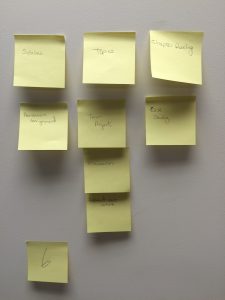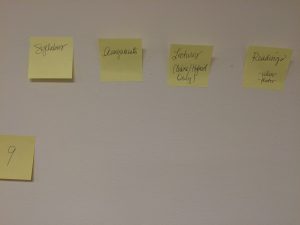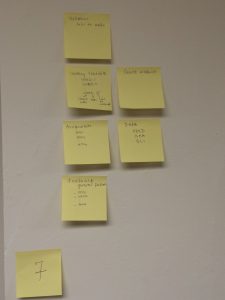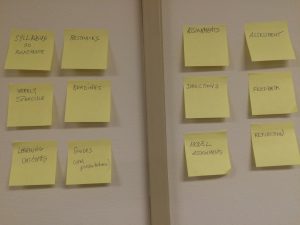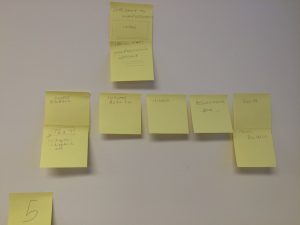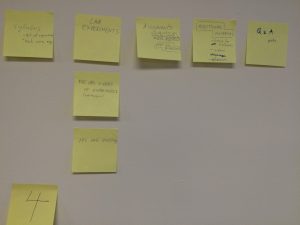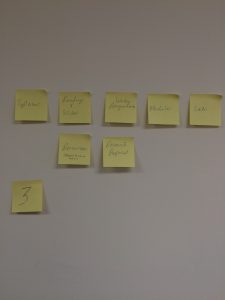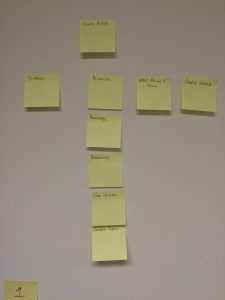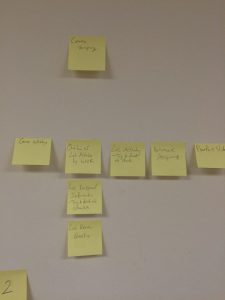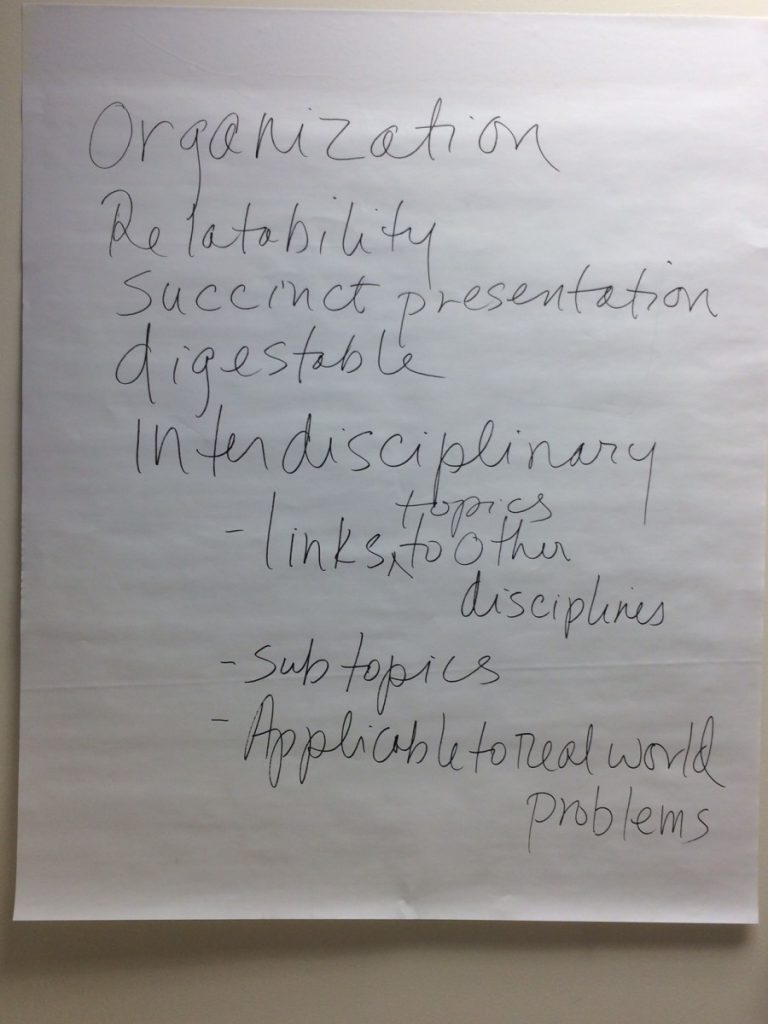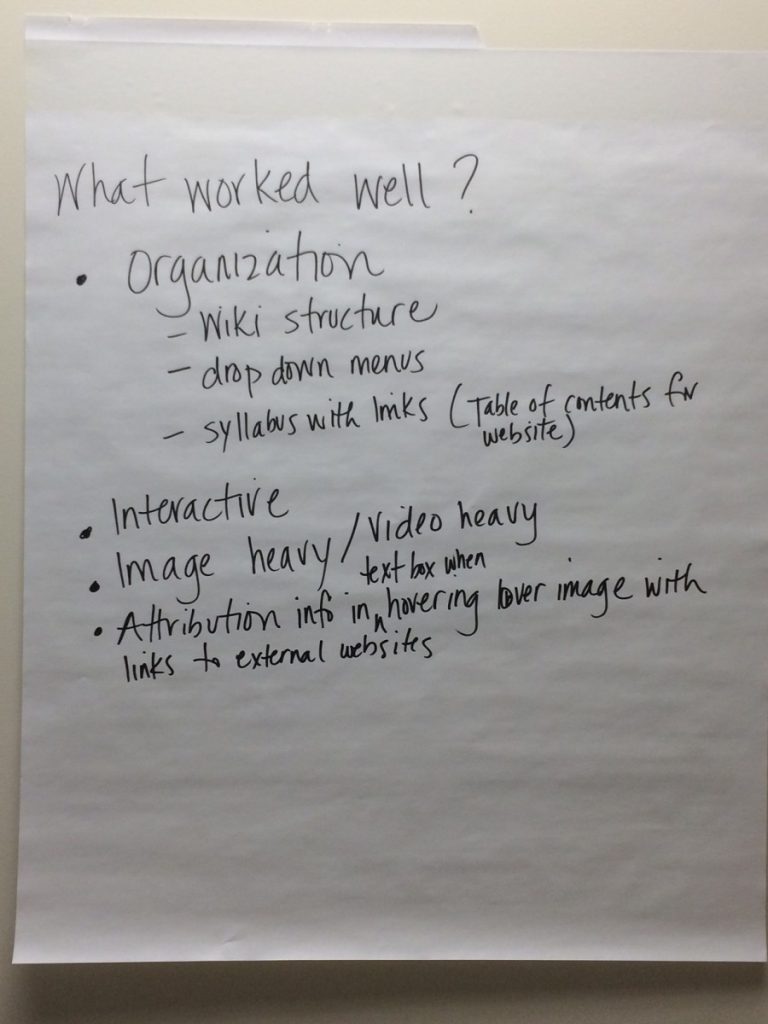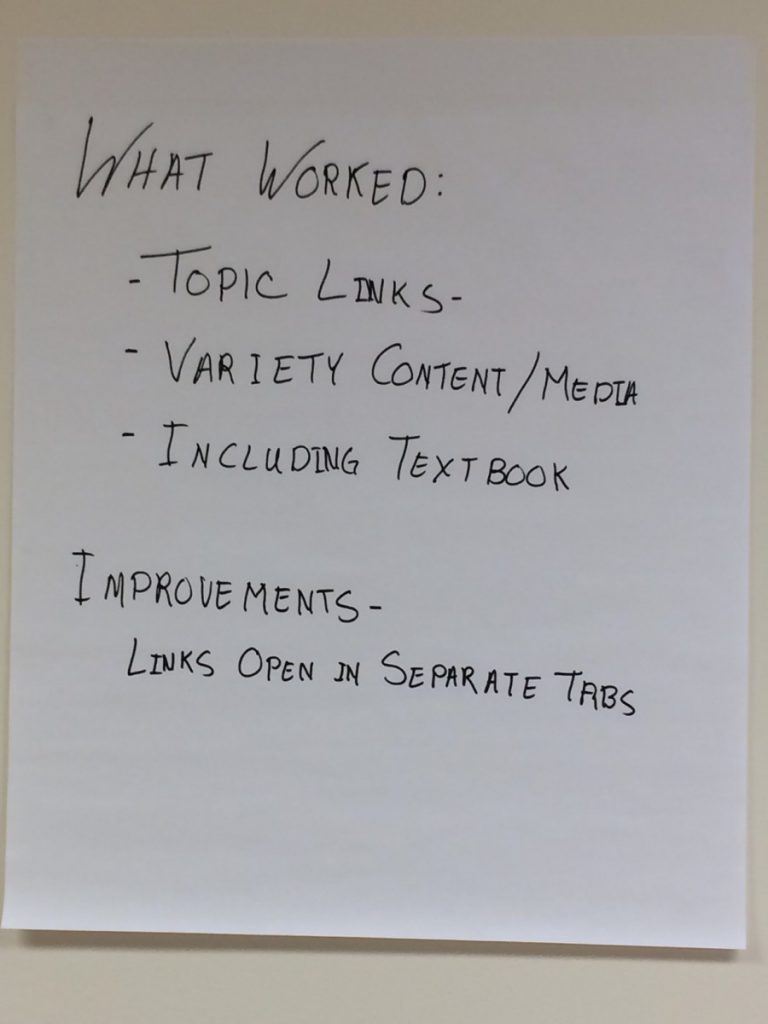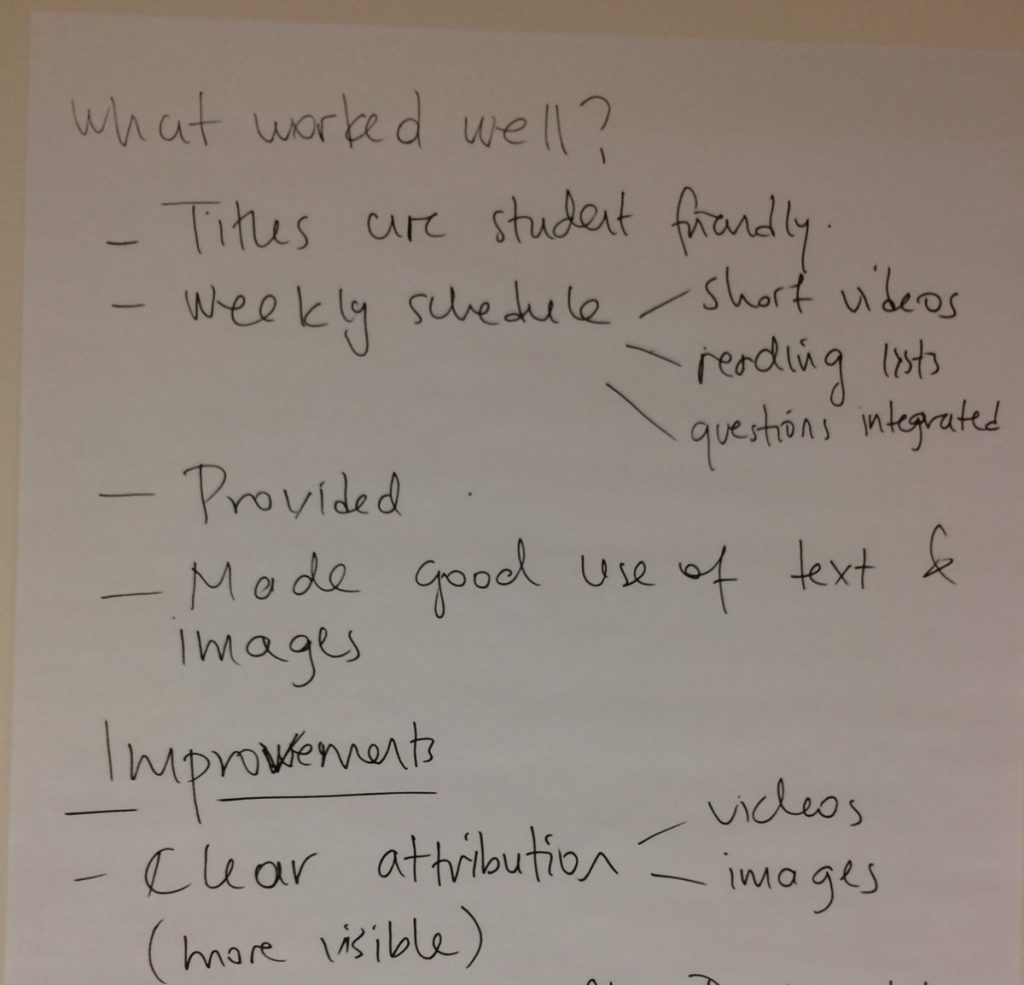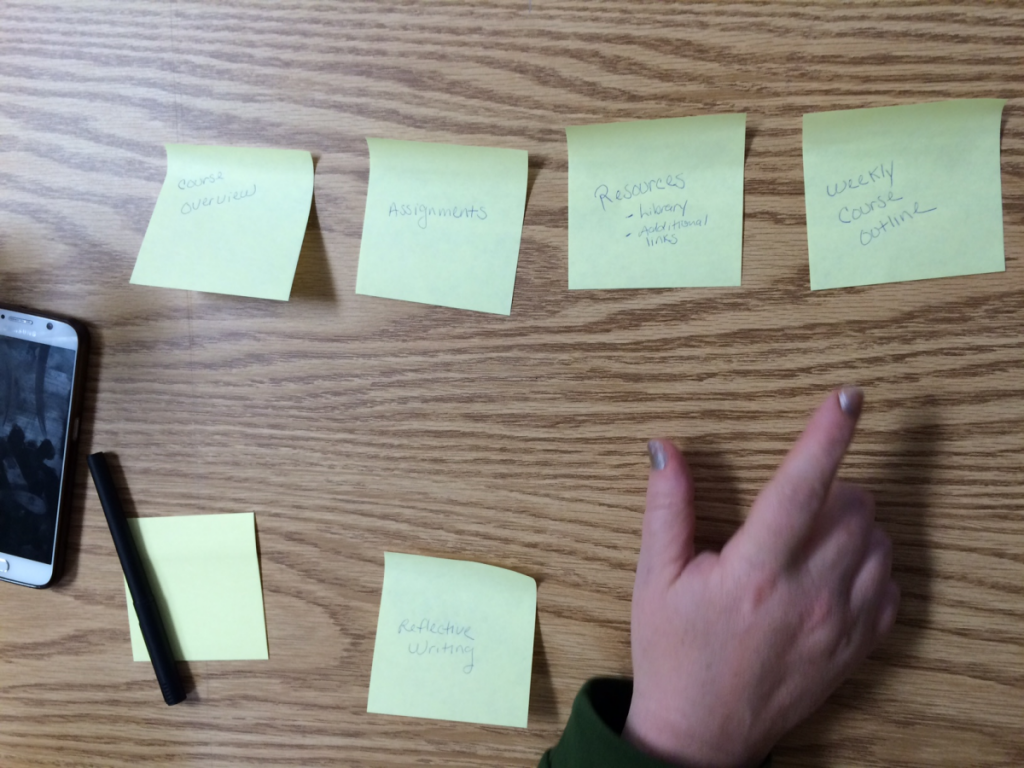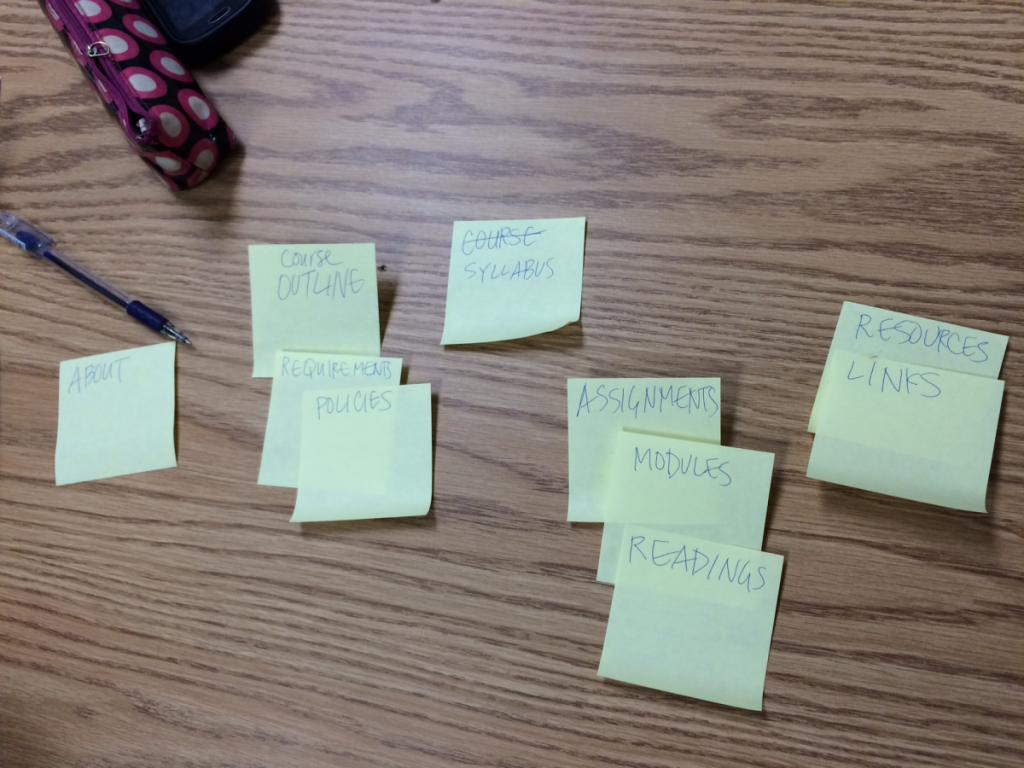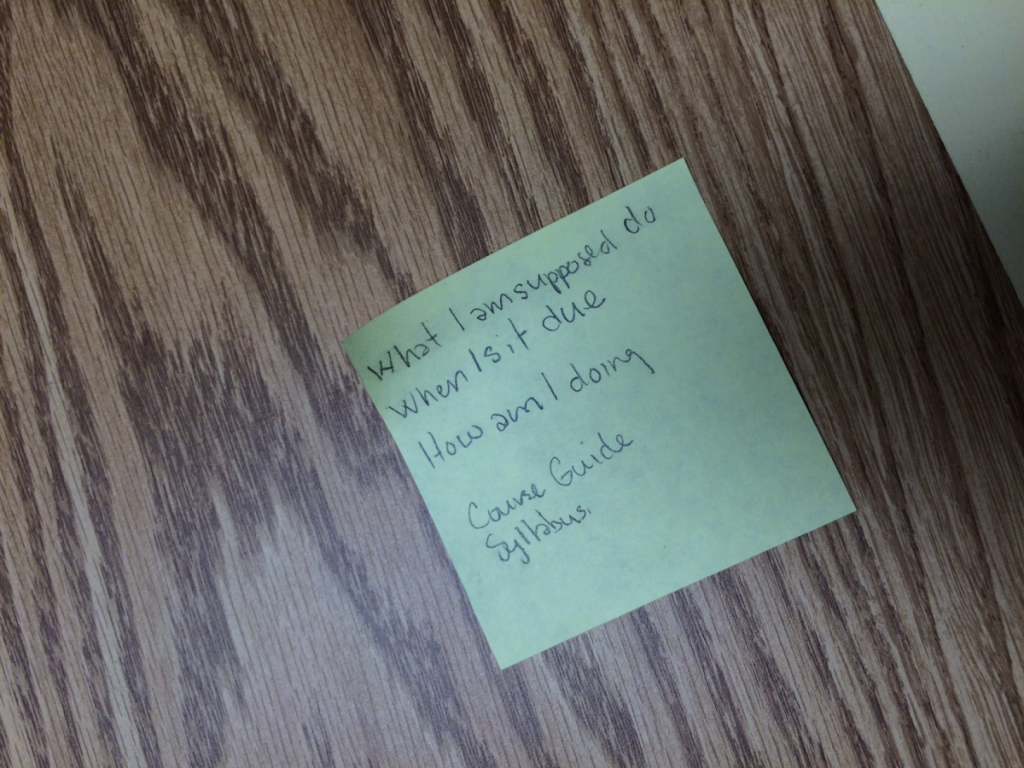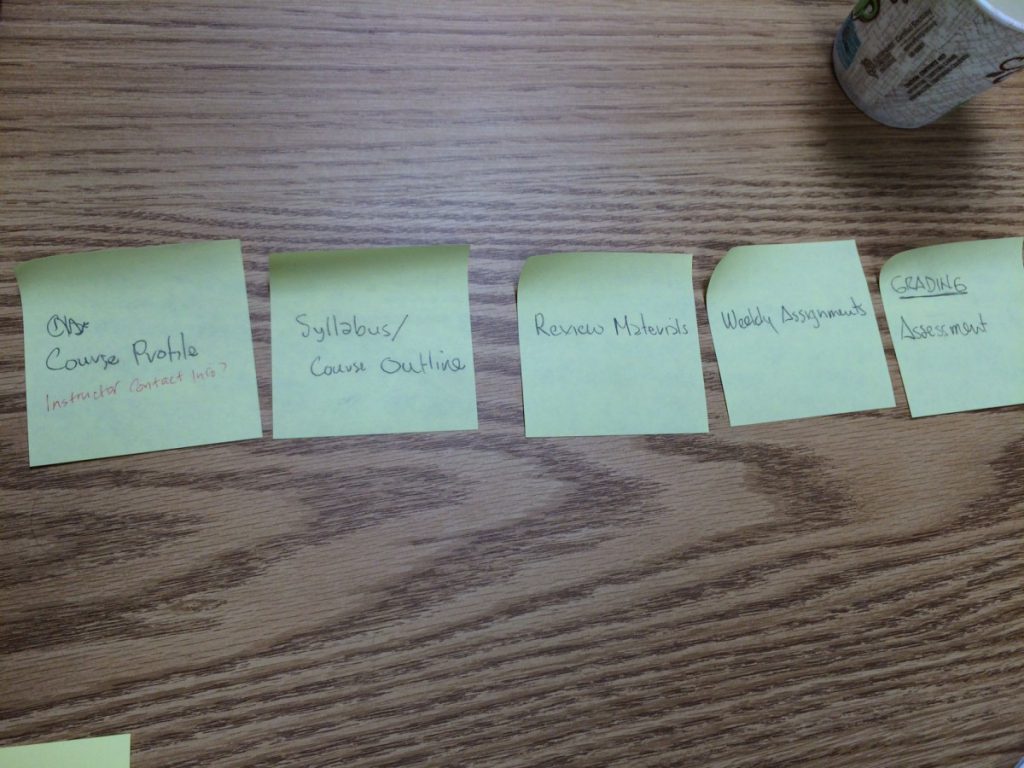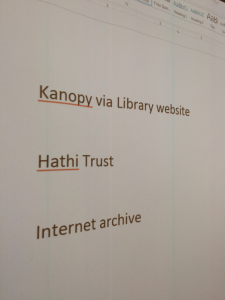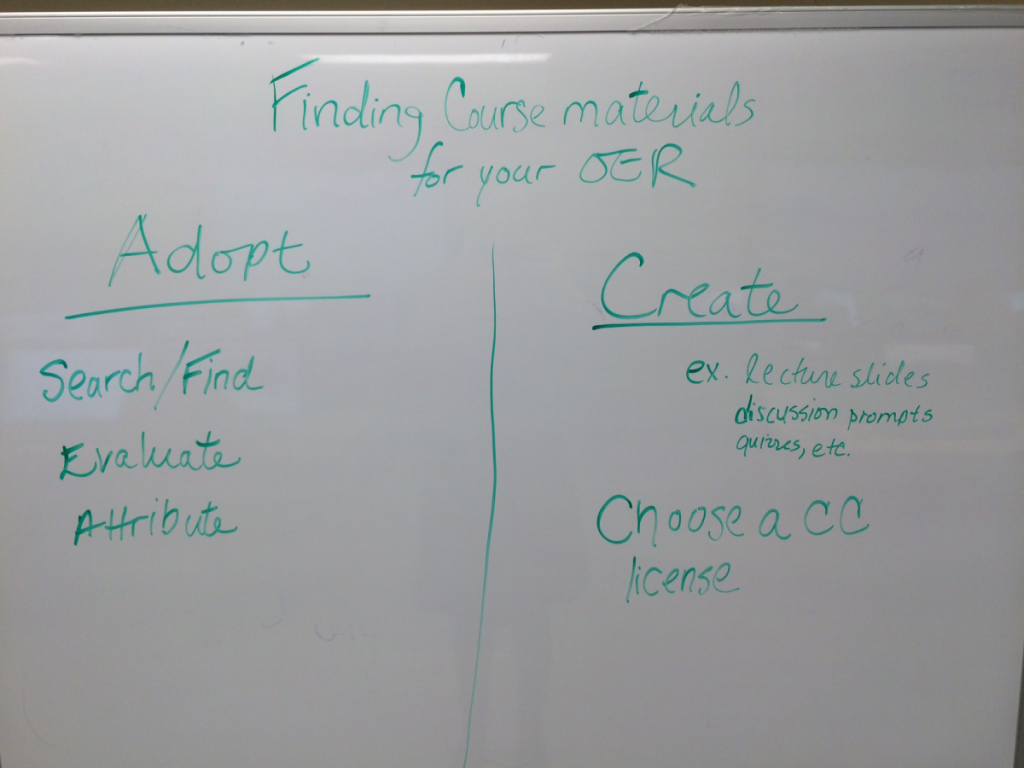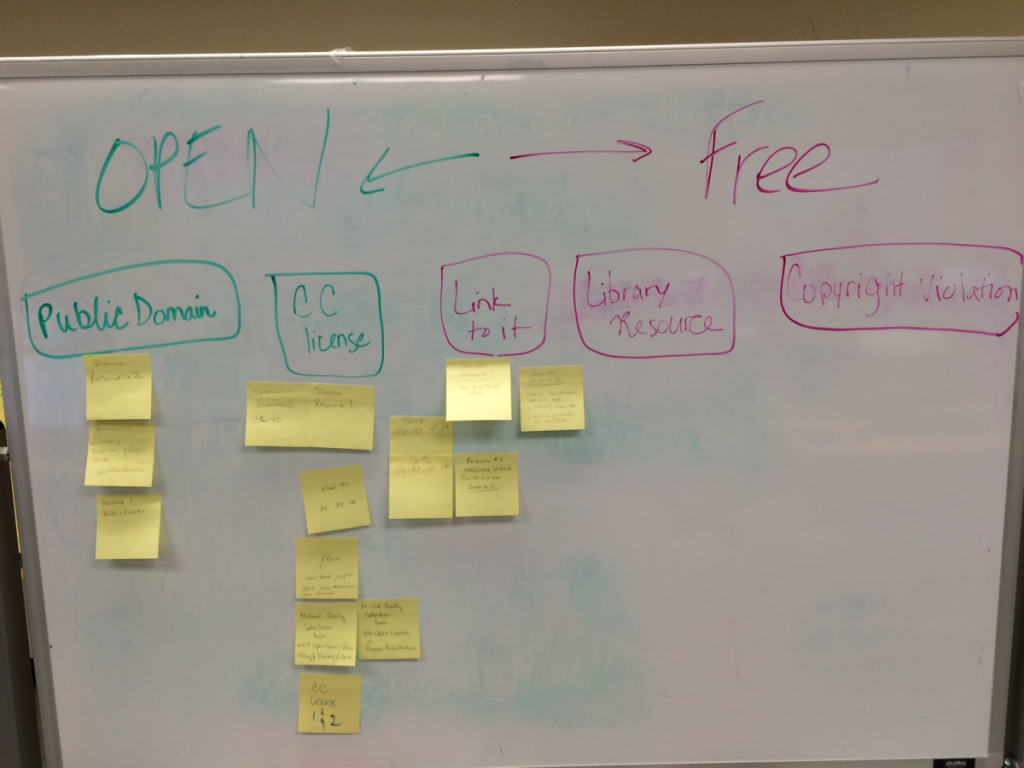Hi all,
Here’s a copy of today’s seminar slides.
Today we talked about how many different learning objects might be incorporated into your OER.
What about assigning an NPR podcast or an article from the Washington Post website? Great! All you need to do is include the links to them on your OER site. This way students are sent directly to the author / publisher’s publicly available version of the resource. It’s perfectly fine to assign free materials available on the web by linking directly to them.
The place to be cautious is with PDFs floating around on the web. Unless you see a Creative Commons license on that PDF, you’ll want to consider if it looks like it’s been posted by someone other than the copyright holder (copyright holder would be the author or publisher). It’s common for PDFs to be posted without permission from the copyright holder, in which case they’re copyright violations and are especially likely to be removed from the internet.
What’s interesting about finding public domain and Creative Commons materials to incorporate into your OER is the extra flexibility you have in how you can use them. Most Creative Commons licenses give you permission to remix and adapt the learning object to your preferences, although the somewhat more “restrictive” CC licenses, specifically non-derivatives, don’t permit you to modify but they do let you post and distribute the materials more freely. For instance, you can upload a PDF or Word file version onto your OER to ensure stable access to students.
We also talked about fair use and finding resources in your discipline. Be sure to reach out to us if you have questions about fair use and finding materials along the way. See you all next Friday!


